As tillage farmers complete the winter barley, oats and oilseed rape harvest and begin the spring cereal harvest, they still have no clarification on what exactly is required under new nitrates regulations regarding stubble cultivation.
As Siobhán Walsh reports, the timeline for the completion of this task can amount to a real farm safety issue, putting farmers under further pressure at the busiest time of the year. Rising dust and eroding soil, or carrying the job out in wet weather, go against good practice.
Where is the science to show that a field tilled in dry weather which greens up two or more weeks later will do anything for nitrates or nutrient loss? It will be at least four weeks post-cultivation before this growth begins to take up nitrogen and it may well be planted to a winter crop in another week or two. Is the value of the minuscule nutrient capture more than worth its cost in carbon loss alone?
Many farmers already stubble cultivate and plant 40,000ha of cover crops to help this, but the time pressure should not be obligatory and there should be room for common sense regarding ground conditions.
This week's cartoon

Farmers unsure about organics
As part of the Tullamore Farm open day on Tuesday, a debate took place on the future direction of beef and sheep farming.
It did so against a backdrop where Darren Carty presented figures showing that in the wake of this CAP reform, the entitlement payment for the farm would reduce by 50% – or €20,000 – by 2027, with the cut in supports over the next four years totalling €56,000.

Tullamore Open Day 2022 \ Philip Doyle
The merits of replacing this drop in support by converting the farm to organics was robustly debated. It was clear from the debate that farmers will need further convincing before making the switch – with many believing that swelling the organic budget to €250m is simply an attempt by the Government to quickly force farmers to reduce stock numbers rather than any long-term commitment to the sector.
As tillage farmers complete the winter barley, oats and oilseed rape harvest and begin the spring cereal harvest, they still have no clarification on what exactly is required under new nitrates regulations regarding stubble cultivation.
As Siobhán Walsh reports, the timeline for the completion of this task can amount to a real farm safety issue, putting farmers under further pressure at the busiest time of the year. Rising dust and eroding soil, or carrying the job out in wet weather, go against good practice.
Where is the science to show that a field tilled in dry weather which greens up two or more weeks later will do anything for nitrates or nutrient loss? It will be at least four weeks post-cultivation before this growth begins to take up nitrogen and it may well be planted to a winter crop in another week or two. Is the value of the minuscule nutrient capture more than worth its cost in carbon loss alone?
Many farmers already stubble cultivate and plant 40,000ha of cover crops to help this, but the time pressure should not be obligatory and there should be room for common sense regarding ground conditions.
This week's cartoon

Farmers unsure about organics
As part of the Tullamore Farm open day on Tuesday, a debate took place on the future direction of beef and sheep farming.
It did so against a backdrop where Darren Carty presented figures showing that in the wake of this CAP reform, the entitlement payment for the farm would reduce by 50% – or €20,000 – by 2027, with the cut in supports over the next four years totalling €56,000.

Tullamore Open Day 2022 \ Philip Doyle
The merits of replacing this drop in support by converting the farm to organics was robustly debated. It was clear from the debate that farmers will need further convincing before making the switch – with many believing that swelling the organic budget to €250m is simply an attempt by the Government to quickly force farmers to reduce stock numbers rather than any long-term commitment to the sector.






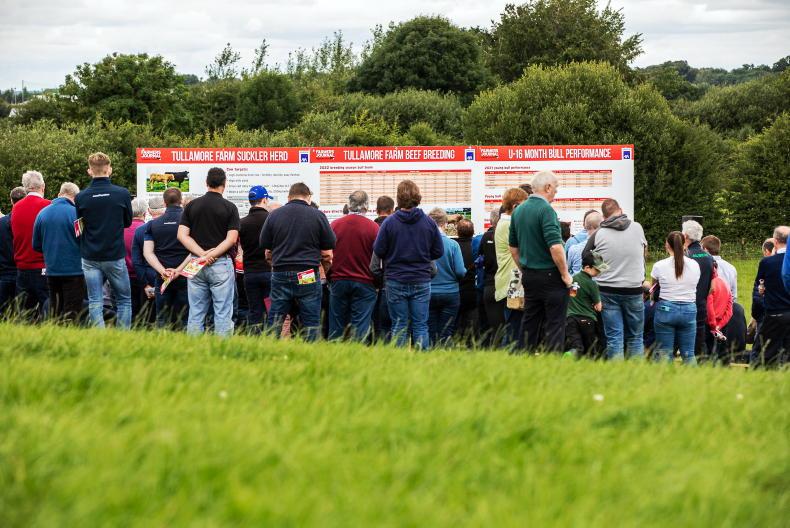

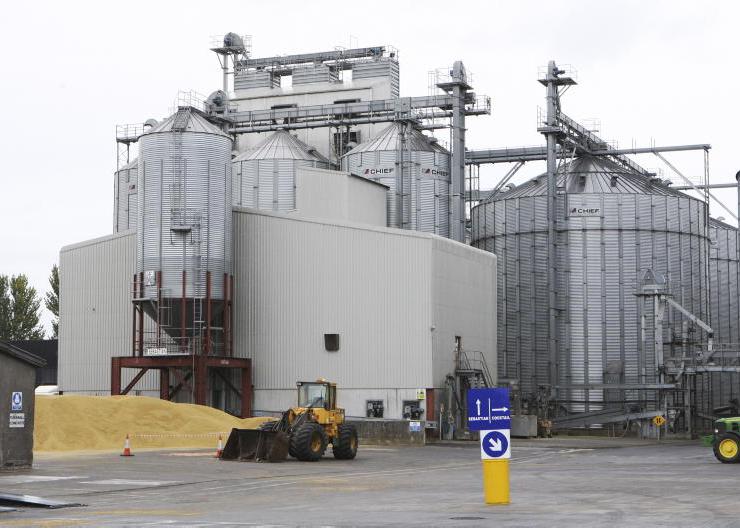

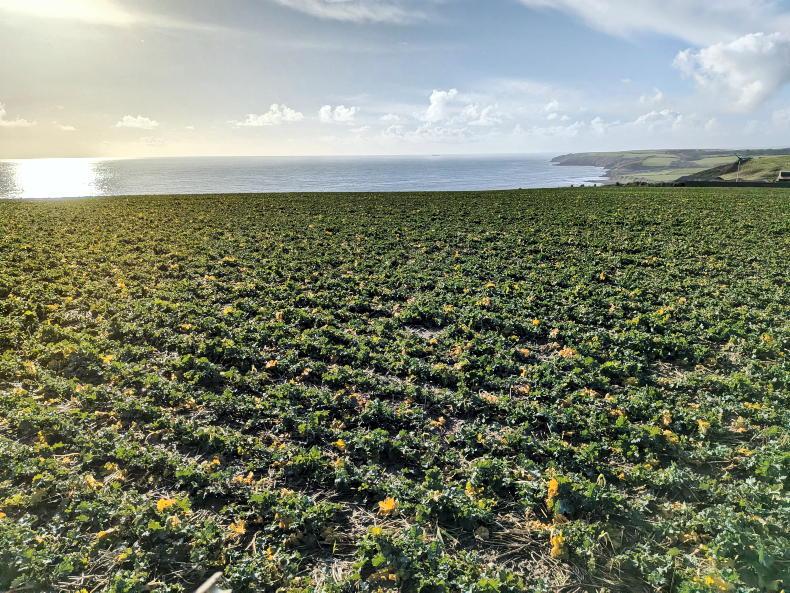
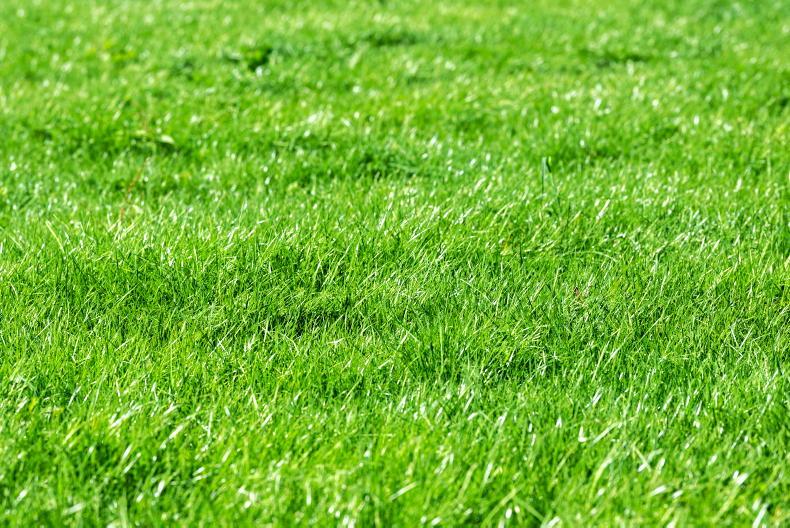
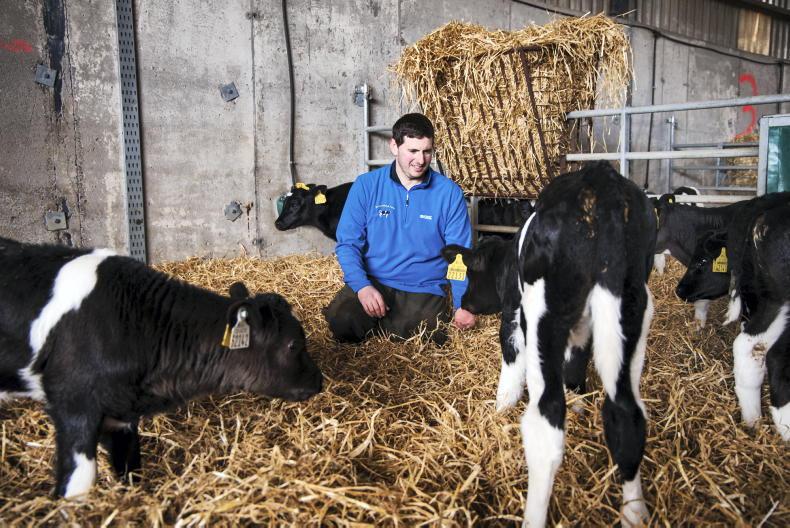
SHARING OPTIONS